A material handling job involves the movement, protection, storage, and control of goods and products throughout the different stages of manufacturing, warehousing, logistics, and distribution. People in this role are responsible for ensuring that materials are moved efficiently and safely using both manual material handling tools and automated material handling systems.
From working with forklifts for material handling to overseeing conveyors for material handling, this job is fundamental to the smooth flow of operations in industries such as construction, food processing, pharmaceuticals, and logistics.
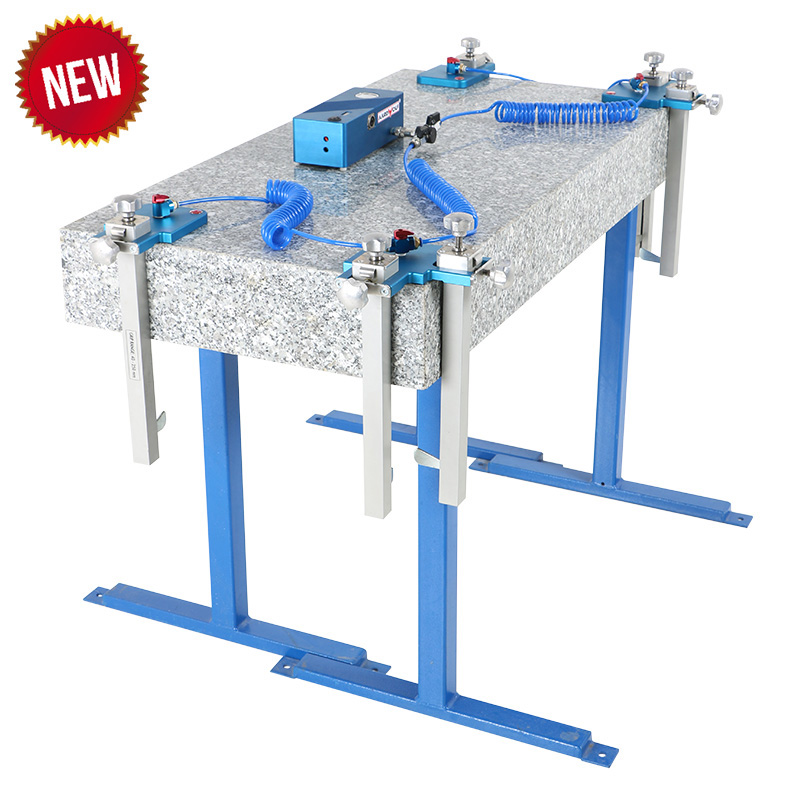
Table of Contents
ToggleKey Responsibilities in a Material Handling Job
Individuals working in material handling are tasked with:
- Operating material handling equipment such as cranes and hoists, warehouse carts, and forklifts.
- Using stone transport frames for specialized industries like stone fabrication.
- Organizing and monitoring the flow of goods within warehouse material handling equipment systems.
- Following safety standards to reduce workplace injuries.
- Assisting with bulk material handling systems, including hoppers, silos, and conveyors.
- Coordinating with other departments to ensure efficient supply chain processes.
For a broader understanding of fundamentals, see What Is Material Handling? Types, Equipment, Functions, Safety, and Warehouse Optimization.
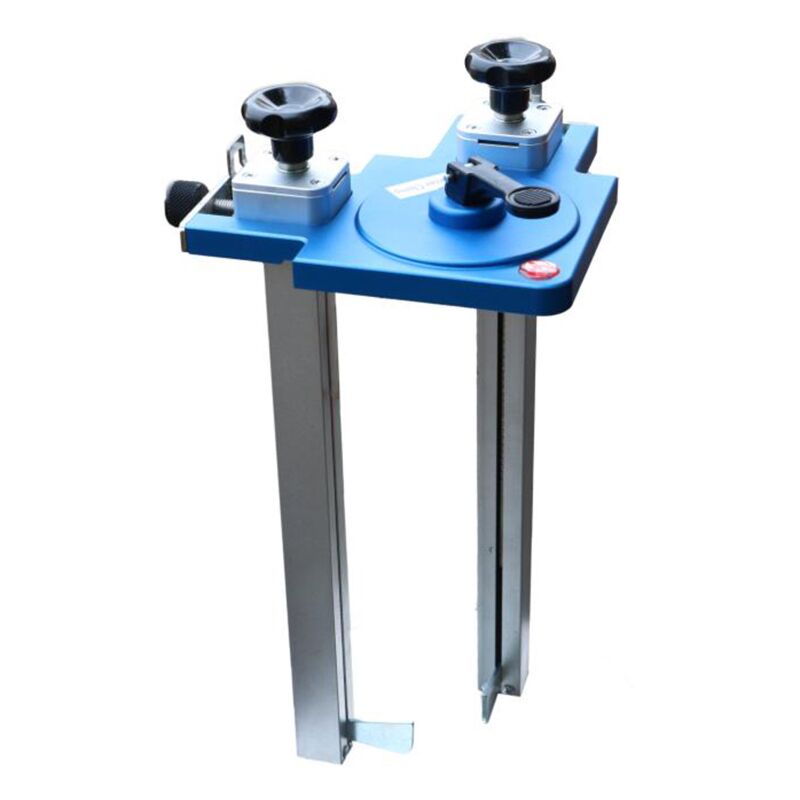
Types of Material Handling Jobs
Material handling roles vary depending on the industry and scale of operations:
- Warehouse Material Handlers – Manage incoming and outgoing shipments with pallet jacks, trolleys, and forklifts.
- Manufacturing Material Handlers – Support production lines by supplying raw materials and moving finished products.
- Construction Handlers – Use heavy-duty lifting solutions such as Aardwolf slab lifters and vacuum lifters.
- Logistics and Distribution Workers – Operate conveyors for material handling to speed up order fulfillment.
- Specialized Industries – Such as pharmaceutical material handling systems, which require precision and hygiene.
Skills Required for Material Handling Jobs
To be successful, workers need:
- Equipment proficiency – Familiarity with forklifts, jib cranes, and automated systems.
- Physical fitness – Since manual handling and lifting may be required.
- Safety awareness – Adherence to company and regulatory safety protocols.
- Efficiency mindset – Knowing how material handling impacts the human labor force.
- Problem-solving ability – Managing unexpected breakdowns or material shortages.
Benefits of a Material Handling Job
A career in material handling provides several benefits:
- Diverse opportunities across warehousing, construction, manufacturing, and logistics.
- Skill development in operating advanced industrial material handling solutions.
- Career progression into supervisory or operations management roles.
- Contribution to safer and more sustainable workplaces through efficient practices.
Material Handling Jobs and Industry Growth
The demand for skilled material handlers is increasing as companies adopt automated material handling systems and robotics. However, manual roles remain essential, especially in small businesses that rely on low-cost material handling solutions.
Experience in this field is highly valued, as explained in What Is Material Handling Experience?.
Conclusion
So, what is a material handling job? It is a role that ensures the seamless movement of goods through every stage of production and distribution. Whether using manual tools, forklifts, or automated systems, material handling jobs are vital for operational success in industries worldwide.
By combining physical skills, safety knowledge, and equipment expertise, material handlers keep supply chains efficient and reliable.
✅ Related Resources
- ToolRange – Industrial solutions and equipment suppliers
- Sustainable Stone Transport Practices
- What Is Bulk Material Handling Equipment?

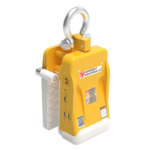
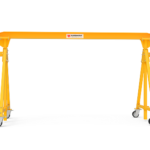
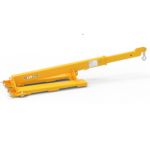
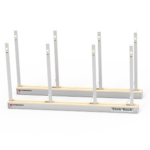
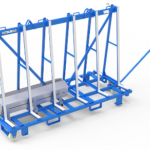

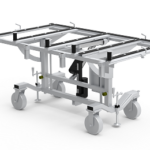

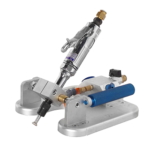
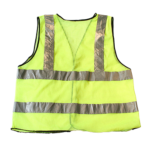

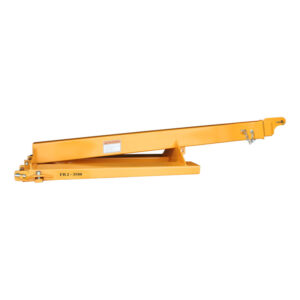
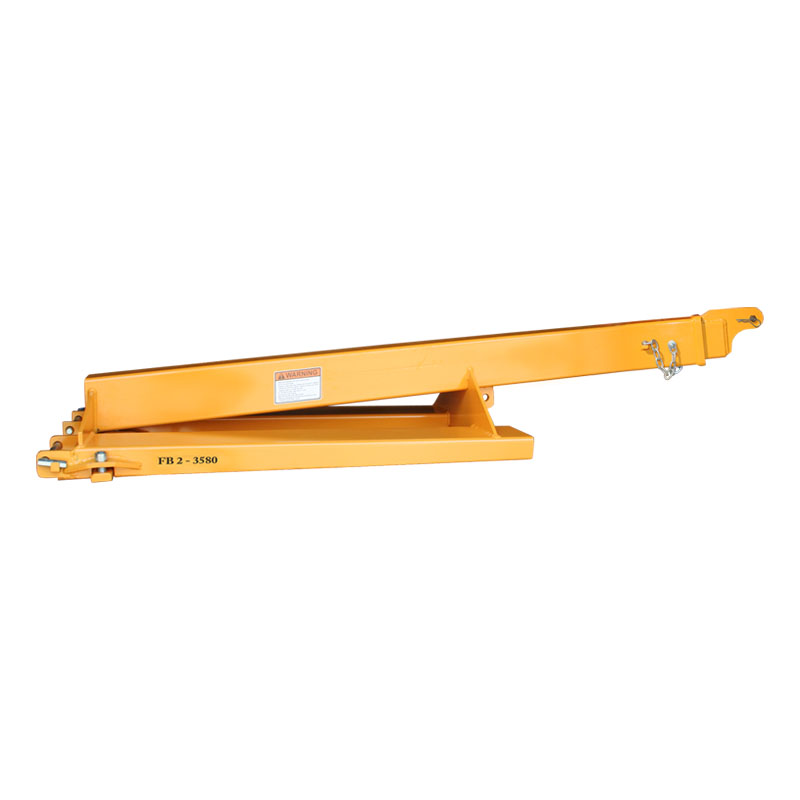
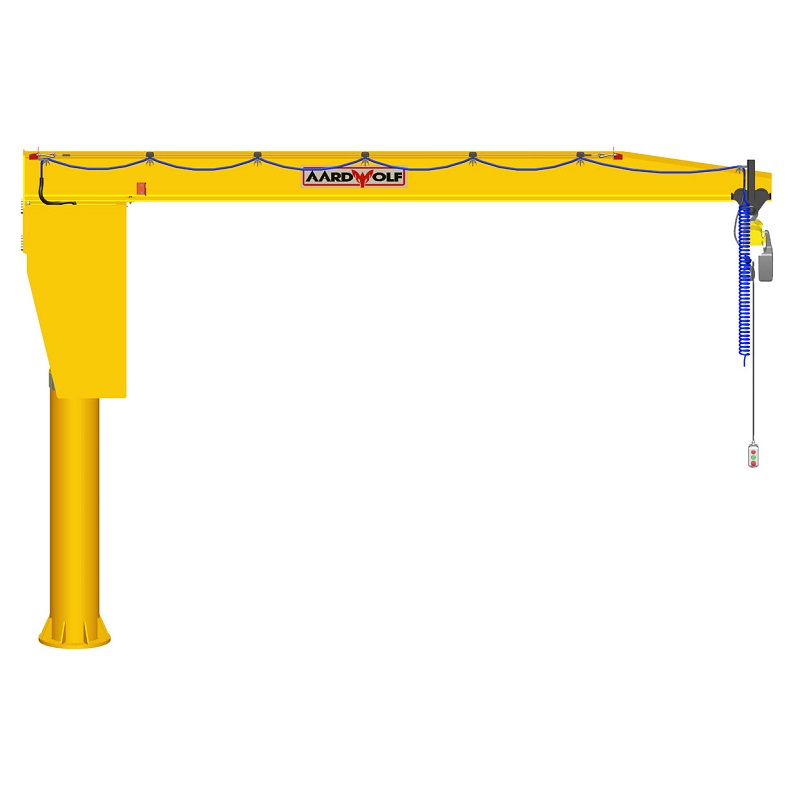


Please log in to leave a comment.